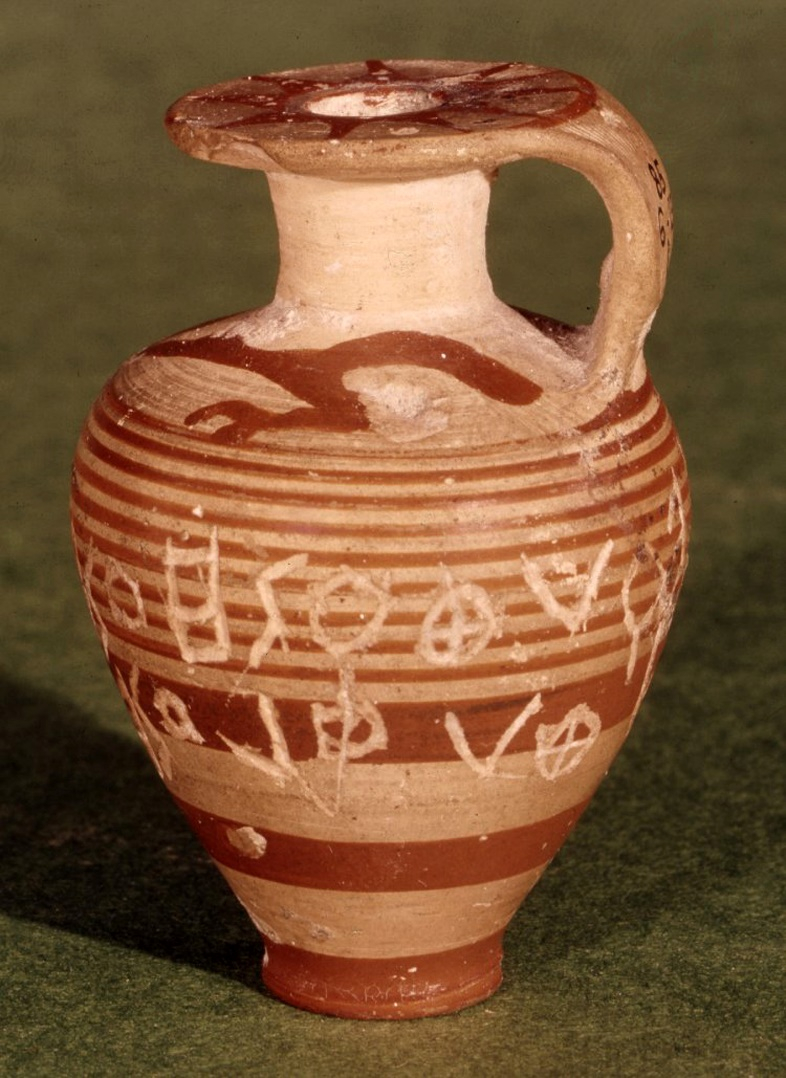Chengdu Plain Archaeological Survey: Results from 2005–2010
Submitted by press on October 6, 2025 - 2:05pmThe Chengdu Plain Archaeological Survey (CPAS), was an international collaborative archaeological project that took place over the course of five field seasons starting in 2005 under the direction of Rowan Flad (Harvard), Pochan Chen (National Taiwan University), Gwen Bennett (Washington University, St. Louis / McGill), Jiang Zhanghua (Chengdu City Institute of Archaeology) and Li Shuicheng (Peking University). The survey involved a multi-faced archaeological investigation of site locations and landscape use in an area of approximately 350 km2 surrounding two Neolithic walled sites (ca.



